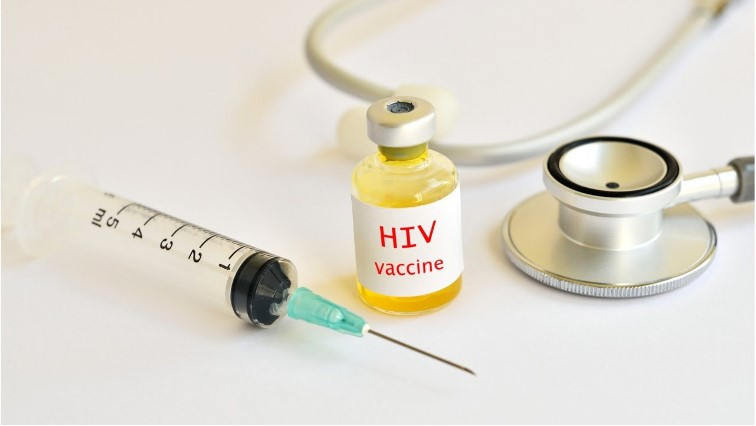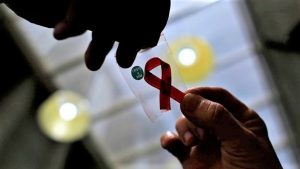Leading healthcare organisation The Aurum Institute says the impact of the country’s HIV/AIDS response would be greater if the number of new HIV infections was reduced and the focus put on key populations which are most at risk.
To mark World AIDS Day, the Institute says the country has made substantial progress over the years, but it must now embrace new technologies in fighting HIV/AIDS.
The Institute’s Geoff Setswe says the country should be patient as scientists try to find a vaccine or a cure for HIV/AIDS.
“We had the largest number of people living with HIV/AIDS and the challenge is that we expect to find a cure from one source and this is not going to happen, even if it’s a vaccine. South Africans participating in all attempts to get an HIV vaccine. There is progress in that area but we still have to wait for a few more years because the HI virus virologically is a lot more complicated so it will take a bit of time,” says Setswe.

South Africa is a signatory to the global mandate to fight against HIV through the 2016 – 2021 Strategy. According to UNAIDS-SA as of 2018,
- 90% of people living with HIV knew their status
- 62% of people living with HIV were on treatment
- 54% of people living with HIV were virally suppressed
- 63% of children aged 0–14 years living with HIV were on treatment
- 87% of pregnant women living with HIV accessed antiretroviral medicine to prevent transmission of the virus to their baby, preventing 53 000 new HIV infections among newborns
- 89% was recorded for HIV-exposed infants tested for HIV before eight weeks of age
More outreach programmes
Earlier on Sunday, Deputy President David Mabuza says the government is committed to fight the scourge of HIV and AIDS. He says more outreach programmes need to be conducted to educate people about the disease.
“We are not happy about the infections, more advocacy, more outreach programme from our side, talking to our specially young girls who are getting infected. We less understand the situation. This disease is more less related to poverty. Young girls are getting infected because of their situation. So we are going to step up our efforts.”
A report by Doctors Without Borders indicates that hundreds of thousands of people continue to die from advanced HIV, also known as AIDS, because countries are still ill-equipped to detect and treat people suffering from the advanced stages of the disease.






